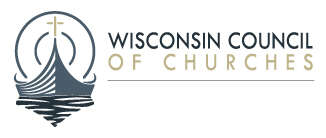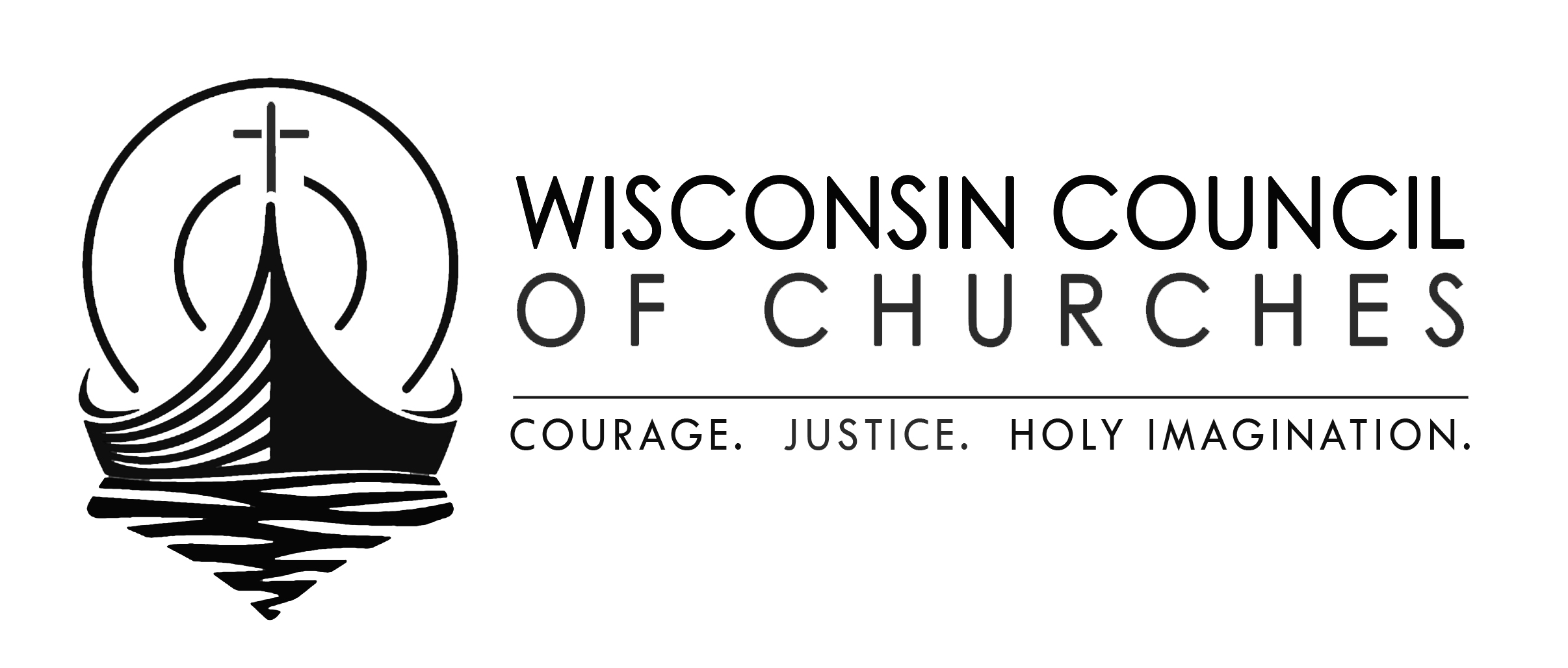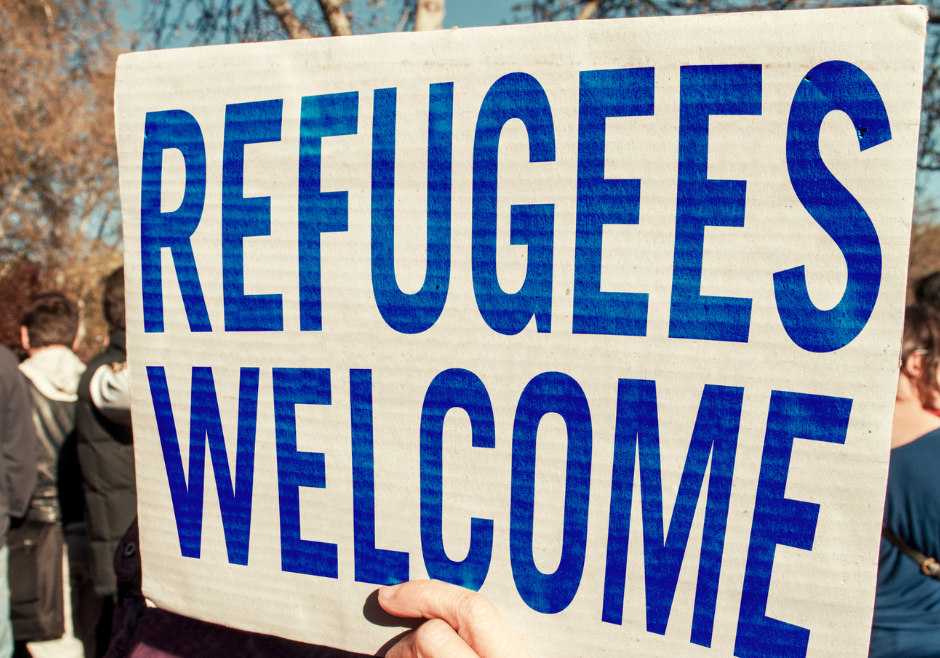According to my contacts at resettlement agencies, tens of thousands of Afghans are still living on “lily pads” (military bases abroad) awaiting authorization and final transport to the US under humanitarian parole. This article from the end of June tells of the situation at one such lily pad in the UAE. (In short, the quality of life as a “guest” on these military installments is not great. Officials point out they are free to leave independently – they are not in detention – but where would they go? Their only opportunity for help with resettlement as they are entitled is through this program. If they walk away from the base, they walk away from the opportunity to move forward in the program.) As an update to that article, it is confirmed that flights from Abu Dhabi will indeed continue through the end of September. Needless to say, it has surely been a long year for those awaiting resettlement at the lily pads overseas. Keep them and those who make decisions about their future in your prayers.
While we would hope our current or a future White House administration will not allow TPS to run out and threaten Afghans with deportation, it is a legal possibility without asylum (which also happens to be the most difficult path to US citizenship). There are also concerns about vulnerability at the time of renewal of humanitarian parole. Due to the high legal standards of parole, even a misdemeanor on one’s record could deem them ineligible to renew when the current parole runs out. What happens then? What of those whose children and spouses were unable to navigate the chaotic and dangerous journey through the Kabul streets and airport during those two weeks a year ago? What of others who were left behind? Having permanent lawful status would open pathways for family reunification. As long as legal status remains a question, so too does the likelihood of seeing their loved ones safe and at their side.
So what can we do, one year in? First, we can stay focused and continue to learn about and pray about the ongoing resettlement efforts of our Afghan allies here and abroad. More Afghans are arriving from lily pads through our state agencies. Reach out to an agency near you to ask what they need and how you and your church can help. If you would like assistance in making that connection or discerning ways your congregation might best support the agency and those they serve, let’s connect.
With so many crises capturing our national attention, it is important that voices like ours continue to speak up for our Afghan neighbors. Remind your friends, family, and congregation of the difficulties Afghans are facing within their country, at lily pads, and even after resettlement in our communities. Read and listen to their stories and imagine what their experience must be like. Imagine how you would hope a host country and new neighbor would receive you. Finally, help our country and your community to be that host and neighbor.
As this 1-year milestone coincides with the August recess of our congressional representatives and senators, this is a great opportunity for you and your congregations to do some advocacy on behalf of Afghans, refugees, and asylum seekers.
Church World Service offers this advocacy opportunity, along with this excellent tool kit for use during this month. Explore ways your church can learn about the issue, teach and motivate those in power to make a positive difference in the lives of refugees and asylum seekers.
The Interfaith Immigration Coalition (of which many of our member denominations are a part) has a wealth of information, toolkits, and resources to engage your community and your lawmakers around multiple issues related to displacement. (This recent campaign guides you through sponsoring a vigil and visiting your legislators on the important issue of Title 42 and our Southern Border.)
One last resource for you is a toolkit from the Evacuate Our Allies coalition, dealing specifically with the critical Afghan Adjustment Act. Whatever your view of our elected leaders, it is my experience that most of them want to hear from their constituents and feel emboldened to support issues they know their communities care about. Whether it is a letter campaign from your congregation, a single letter signed by your leadership, or a personal visit or phone call to the local office, our collective voice makes a difference. Let your leaders know that you are aware of the issues our Afghan neighbors are facing and that you know there is a solution sitting on their desk. Encourage them to support refugee resettlement and ongoing efforts to clear a path for Afghans and other vulnerable people seeking a life of refuge and hope among us.
Rev. Peder Johanson (he/his)




